In a few years, farm robots will be something many of us wondered how we…
Fruit and vegie retail prices up, but no change for growers
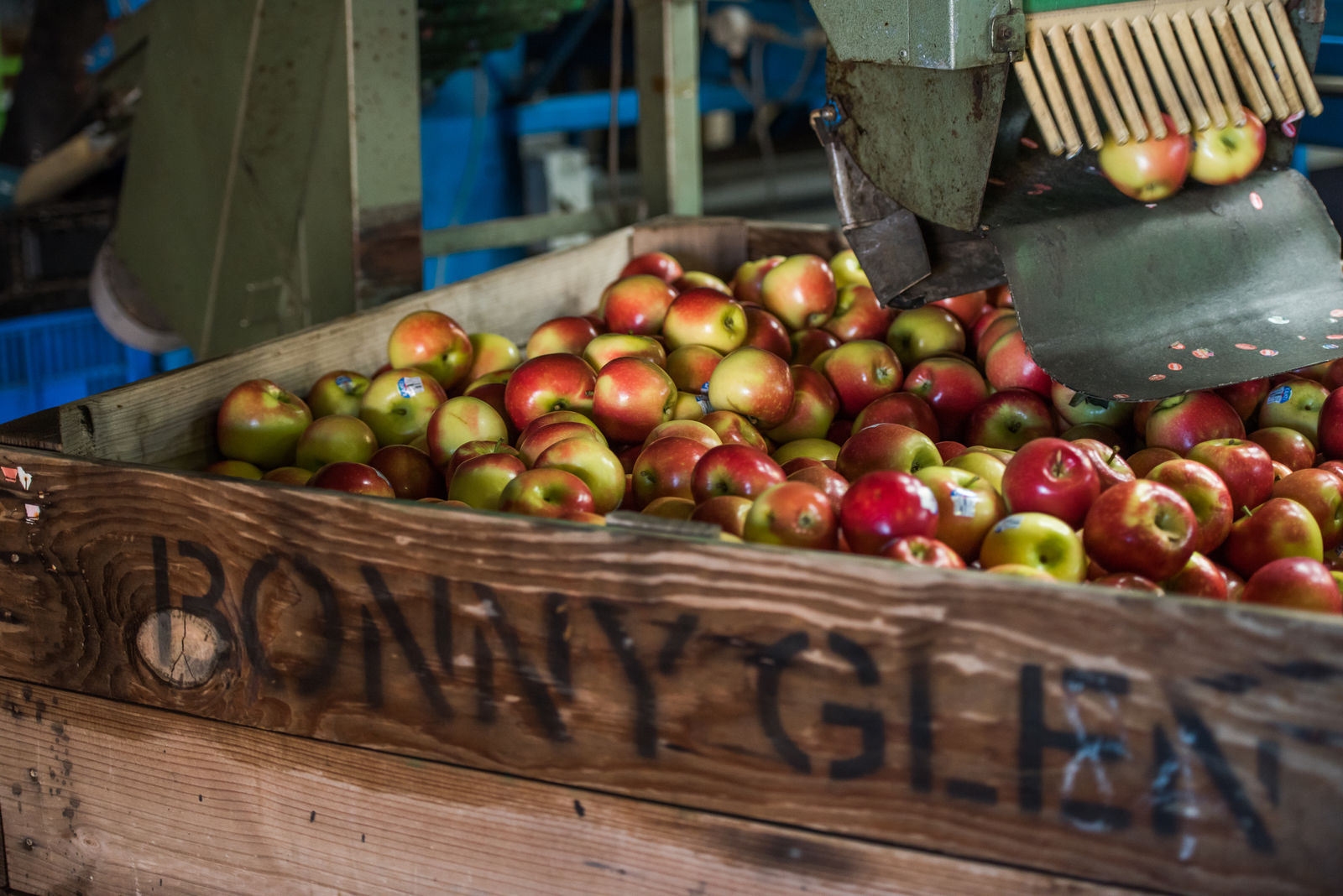
Fruit and vegie retail prices went up 5.5 per cent and 4.7 per cent respectively in the recently released Consumer Price Index (CPI), but growers say they are not reaping any rewards at the farm gate.
The June 2021 quarter CPI � a measurement of goods and services price inflation faced by Australian households, confirmed what many people have been experiencing for months � that retail prices for regular fruit and vegies are up.
The Australian Bureau of Statistics (ABS) attributed the fruit and vegetable consumer price rise to a shortage of pickers and extreme rainfall on the East Coast.
Beef and veal rose 3.6 per cent as farmers continue to rebuild herds, which would also be no surprise to consumers. Beef farmers with cattle to sell are enjoying strong returns at the farm gate, with the Eastern Young Cattle Indicator (ECYI) breaking the magical 1000c/kg in late July.
The situation for the horticulture sector is not quite the same, however, with fruit and vegie growers reporting no change to their payments from wholesalers despite consumers paying significantly more at the checkout.
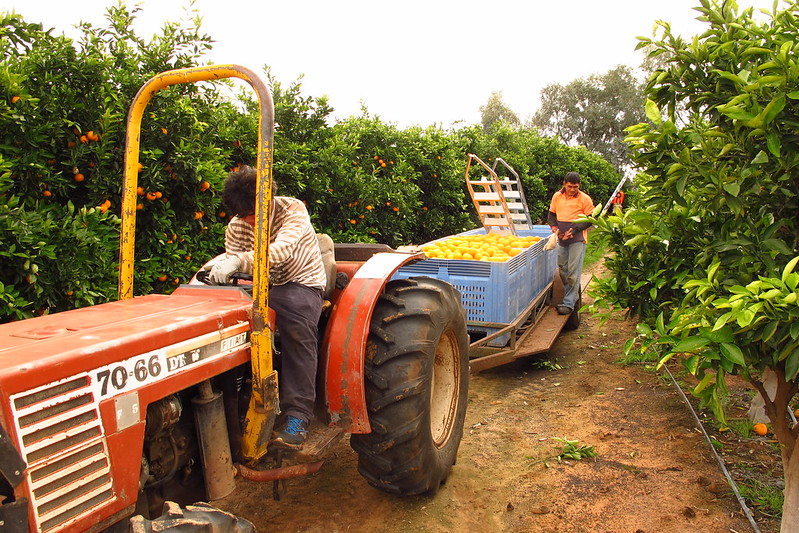
Retail prices: mystery abounds
Chair of the NSW Farmers Horticulture Committee Guy Gaeta said the noticeable price hikes at the retail level are creating mystery around where the profits are going.
“Farmers are not reporting changes to their payment from wholesalers, driving speculation that the more powerful elements of the supply chain, including major retailers and wholesalers, are pocketing the profit,� Mr Gaeta said.
�Lebanese cucumbers, for example, are selling for up to $11.90* per kilogram in the supermarkets while growers are currently receiving around $5 per kilogram, equating to a 140 per cent mark up on the farmgate price. Red Delicious apples are selling for $3.90* per kilogram, while they are going for $0.83 per kilogram at the farm gate.�
Mr Gaeta says a number of state and federal inquiries have confirmed that farmers in fresh food supply chains such as horticulture, dairy and poultry meat bear the brunt of distorted power dynamics that favour the bigger players.
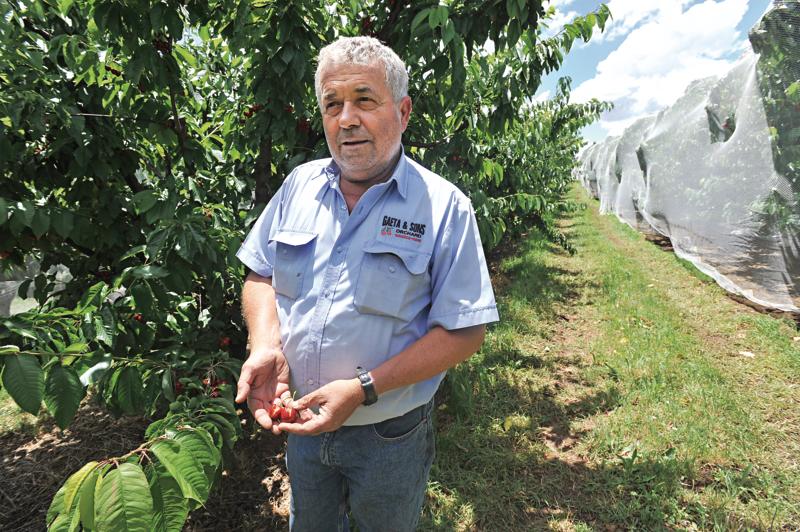
“We know a lot of people are doing it tough right now, and our heart goes out to the restaurants and small businesses who are suffering,” Mr Gaeta said.
“But the major retailers and wholesalers aren�t struggling right now, and it�s irksome to think they might be capitalising from rising demand for food with the closure of other providers such as fresh food markets.�
Labour shortages play a part
Mr Gaeta said the price hikes are likely attributable to a number of factors, including labour shortages. �There�s a number of complexities behind the inflation of essential goods and we don�t want to speculate too much on these, however what we do know is that farmers are not seeing a fair distribution of profit for their produce,� Mr Gaeta said.
�We need to see the Horticulture Code strengthened to increase market price transparency. �Growers are at the coalface of a number of challenges at the moment, including the significant shortages in labour supply caused by ongoing border restrictions amid COVID-19.
�Many growers are in a position where they need to recoup their losses, and it�s heartbreaking for them to see someone else pocket the increased profit for their produce.�
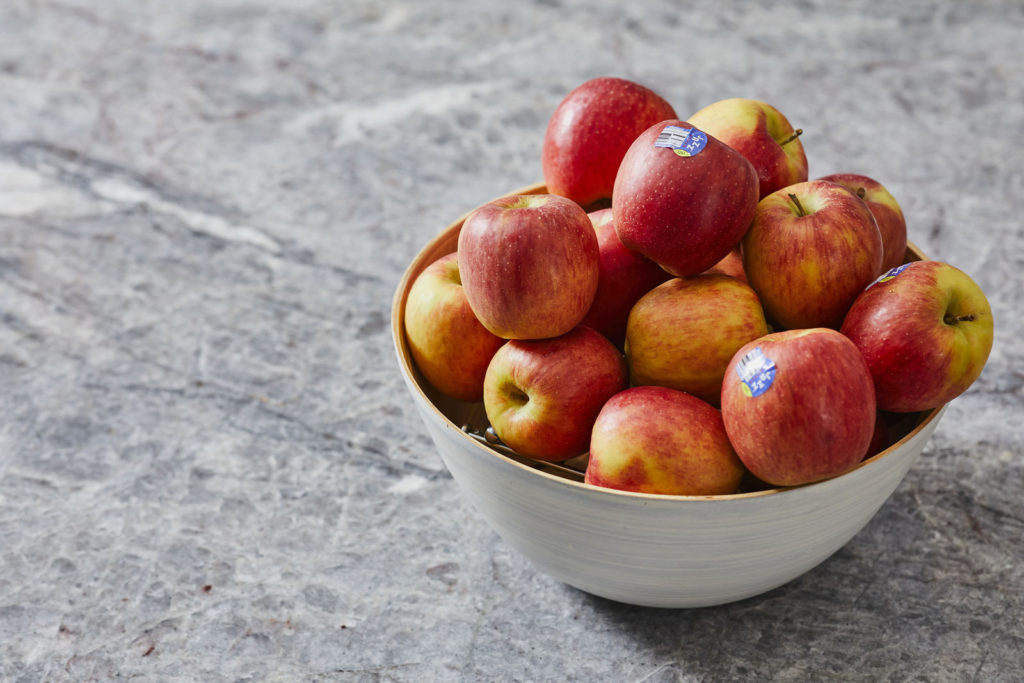
Horticulture Code of Conduct
The Horticulture Code of Conduct commenced on April 1, 2018. It stipulates that farmers selling their fruit and vegetables through an agent or to a merchant must have a written contract.
The Code says the contract must include details including how price is calculated and when farmers get paid. It also details what growers and agents can and can’t do to create transparency. It also sets out a way for the parties to try to resolve disputes.
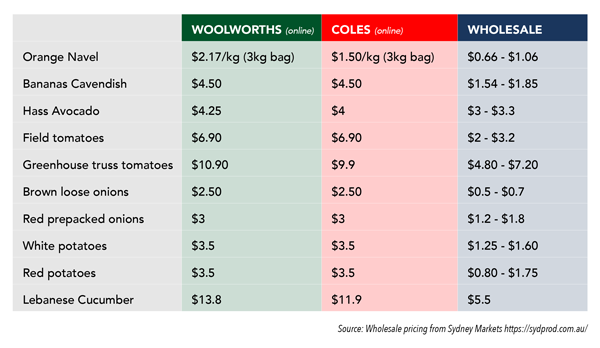
*Note that retail prices in this chart and in the story above were correct as of August 4, 2021, but may change.
If you enjoyed this feature, you might like our story on the new ag visa.



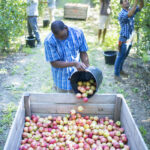



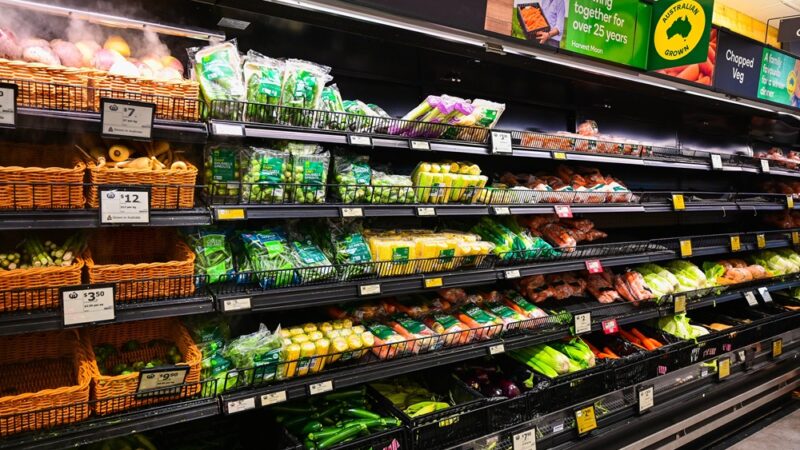

In Feb-March 2021 we were being paid $1/kg at the farmgate for our field-grown tomatoes. They were being sold for $9/kg in supermarkets. And that on the back of years of drought. Needless to say, a number of growers in our area did not survive the 2020-2021 harvest season. Here’s hoping the summer harvest of 2021-2022 is fairer. If it isn’t mid-sized family farms won’t survive. I went to a number of media outlets at the time – only one organisation listened, yet I couldn’t remain anonymous for the story and so it never went to air. No other farmer wanted to stick their neck out. We still don’t.